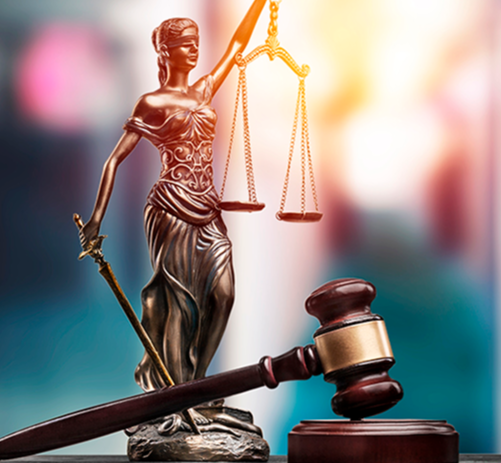Лоер
Drafting a will
Introduction
A will is a document that has great legal significance and determines the disposition of personal property after the death of its owner. Special rules and requirements govern the drafting and execution of a will. In this article, we will consider how to make a will, what a will is, and how a will is drawn up
1. What is a Testament?
A will is a legal document that contains instructions for the disposition of property after the death of an individual. It may include information about the distribution of real and movable property, the nomination of an executor, as well as burial wishes and other important aspects.
2. How to make a Will?
Drafting a will is a responsible and thoughtful process. The main stages include:
and. Identifying property: First, you need to clearly define what property you want to include in your will.
a. Nomination of an executor: Choose a person or legal entity that will be the executor of your instructions.
b. Formulation of directives: Clearly and unambiguously formulate your instructions regarding the distribution of property and other aspects.
d. Signature and Witness: Sign your will with your personal signature in the presence of witnesses.
3. What features of making a will are provided for by legislation?
The first thing to pay attention to is that the text of the will must accurately reflect the will of the testator: unclear expressions, ambiguities, erasures in the text, etc. are not allowed. The place and time of making the will, the date and place of birth of the testator are indicated in the will. It must be personally signed by the testator.
It is important that when certifying a will, the testator is not required to submit evidence confirming his right to the bequeathed property. The will can be written by the testator's own hand, printed on a typewriter, made using a computer, recorded from the testator's words using generally accepted technical means.
Also, in order for the will to have legal force and the will of the testator to be fulfilled, the document must be certified in the order and manner established by law.
4. Who has the right to witness a will?
a. The legislation of Ukraine provides that the will must be certified by a notary. But in certain cases, the legislator also granted other officials and officials the right to perform such notarial actions.
b. According to Article 1251 of the Civil Code of Ukraine, if there is no notary public in the settlement, the will (except for a secret one) can be certified by an official of the relevant local self-government body.
in. Also, in exceptional cases, the legislation provides for the right to certify a will by other officials, namely:
– the will of a serviceman can be certified by the commander (chief) of a military unit or unit, educational institution or institution;
– the will of a person who is being treated in a hospital, a hospital or lives in a home for the elderly and persons with disabilities may be certified by the chief physician, head of the hospital, director or chief physician of the home for the elderly and persons with disabilities;
- the will of a person who is on board a sea or river vessel flying the flag of Ukraine may be certified by the captain of this vessel;
– the will of a person who is on a search or other expedition can be certified by the head of this expedition;
- the will of a person who is kept in a penal institution or a pre-trial detention center can be certified by the head of such an institution.
5. What features are provided for the certification of a will by other officials and officials?
When certifying a will by officials other than officials of the local self-government body, for example, the commander of a military unit or the chief doctor of a health care institution, the presence of at least 2 witnesses is mandatory. Also, witnesses are required in the case of a testament on behalf of a person who cannot read the will due to physical disabilities. In other cases, the testament is certified in the presence of witnesses at the will of the testator.
The witnesses who witnessed the will read it aloud and put their signatures on it.
If witnesses are involved in the procedure for probate of the will, it is worth paying attention that only persons with full civil legal capacity and those who are not:
1) by a notary public or other official who certifies the will;
2) heirs under the will;
3) family members and close relatives of the heirs under the will;
4) persons who cannot read or sign the will.
Importantly!
If mistakes are made in the certification procedure, the will loses its legal effect, and since it is presented after the death of the testator, it is impossible to correct these mistakes and the inheritance will be carried out not according to the will, but according to the law. Therefore, the correct attestation of the will is an important condition for the execution of the last will of the testator after death.
6. Testament in Ukraine
A will in Ukraine is an important legal instrument. According to current legislation, a will can be declared invalid if it turns out that it was made under.
This article is intended to provide general information and is not intended to serve as legal advice. It is recommended to contact a qualified lawyer for individual advice on social law issues.





























